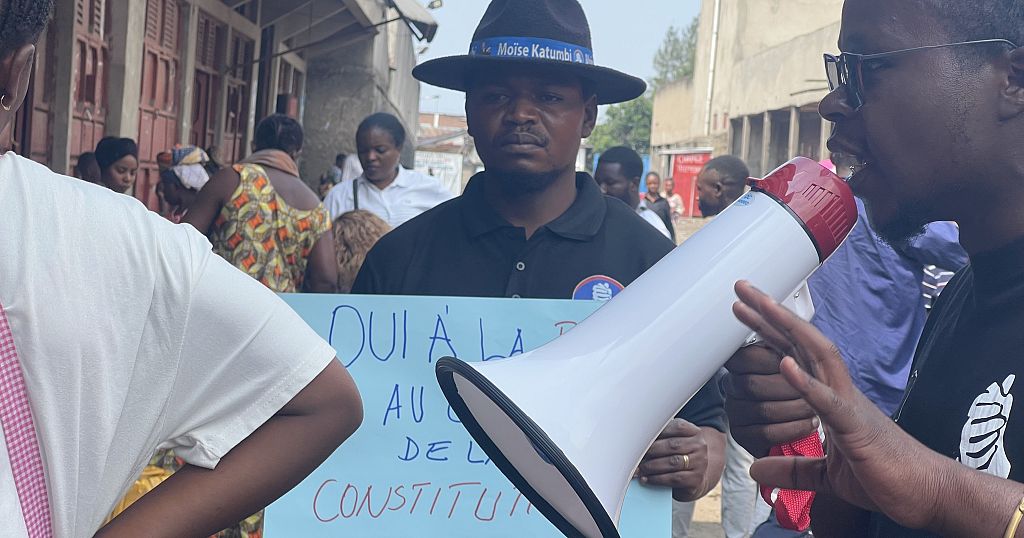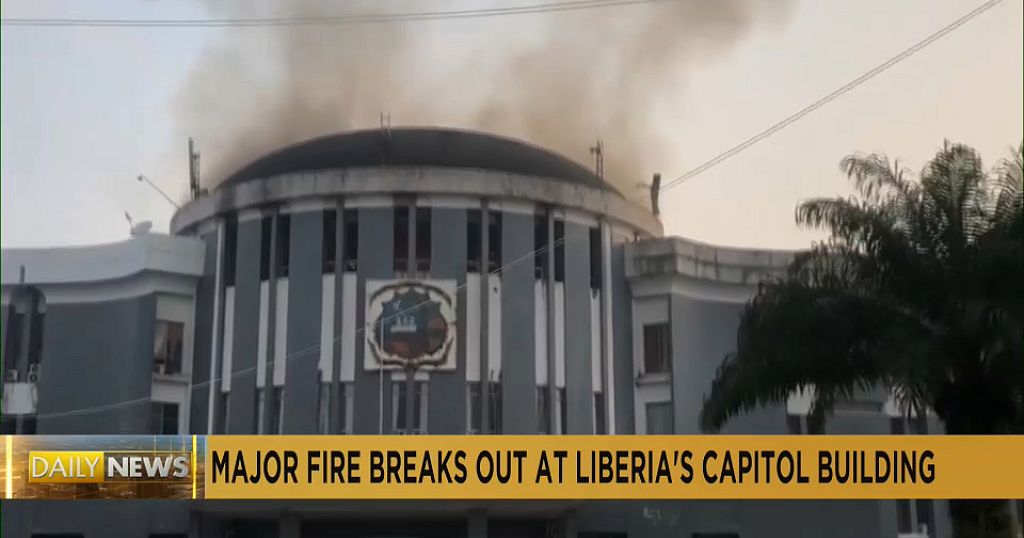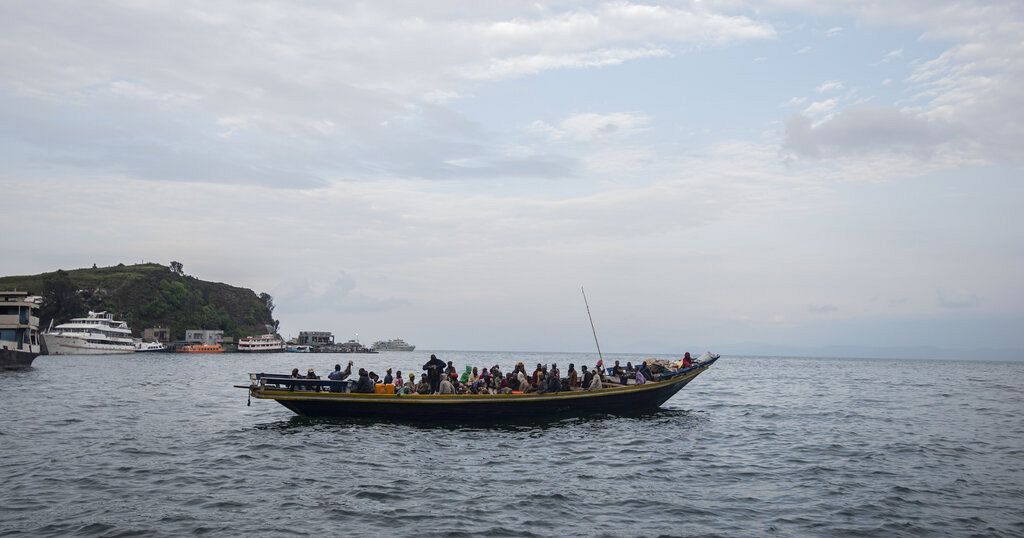Kenya: Kibera residents take up challenge of urban farming

In Nairobi’s Kibera neighborhood residents supported by international NGO the Human Needs Project are making possible what seemed out of reach.
They have ventured into urban farming.
They had to find solutions to challenegs including a lack of proper sanitation and scarcity of water that make farming a difficult venture in Kibera.
David Omari has adapted a soilless medium. He uses pumice, a volcanic rock.
“So, we are using what we call the waste products, which are things which come from yoghurt, those cups of yoghurt. So, we are using it, we put in the pumice, which comes from the volcanic type of soil or rock from Maimahiu. So this one, you know it has got no impurities, it is clear and makes the work easier because it cannot grow some weeds.”
Fellow farmer Racheal Jumba grows peppers in a greenhouse using hydroponic methods.
“For me, it was a way of us being able to give the community food that is organically produced, that we are using clean resources to be able to do that,” she says.
“We are able to do a lot in a smaller space. So, where for example, what we have right here, we would have done it in perhaps about half an acre, but now, we are doing it in an area that is 8 meters by 15 meters.”
The use of hydroponic methods is helping Kibera’s urban farmers maximize space for a bumper harvest.
They are funded by the World Food Programme.
International NGO the Human Needs Project supplies the farmers with clean water for irrigation and other amenities.
“Urban farming is very important to people living in informal settlements, given that informal settlements are seen as a dumping site by anyone outside,” Stella Mwania, field coordinator, at Human Needs Project says.
“Them being able to trace where their food is coming from, we believe it is very important for the communities as well.”
Kibera is home to an estimated population of 250,000. It is Africa’s largest slum.
Agriculture experts say urban farming provides more affordable crops since transportation costs are reduced.
For Joseph Wangai, crops grown in Kibera should contain less contaminants.
Since ” these informal sectors have poor garbage collection. Soil as a medium of production now becomes polluted and now we are avoiding this pollution, this hazard of pollution, to the produce that is coming from the farms.”
“One method is avoiding the soil as a medium of production. Therefore, the farmers can consider soilless mediums.”
As an ongoing drought hits countries in the horn of Africa, some hope urban farming can help improve food security.
Source: Africanews













